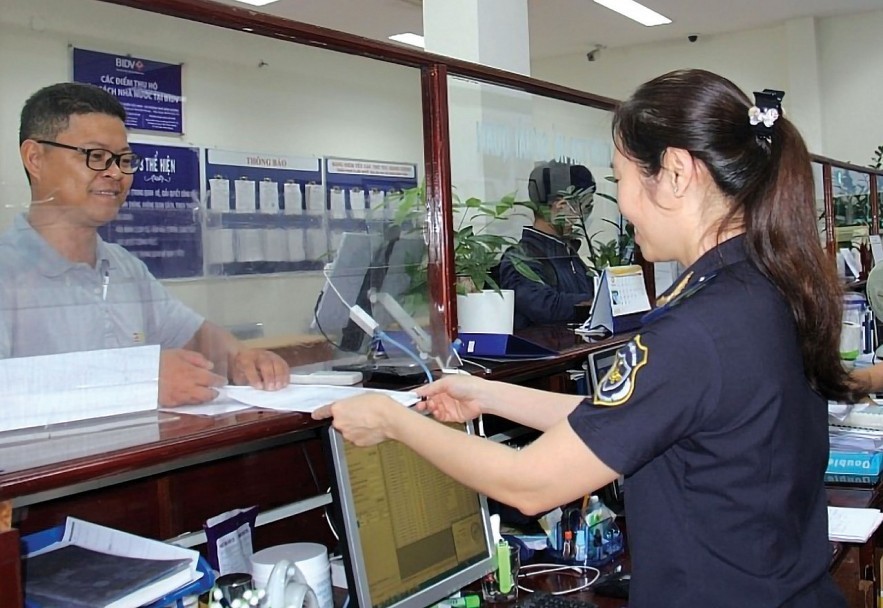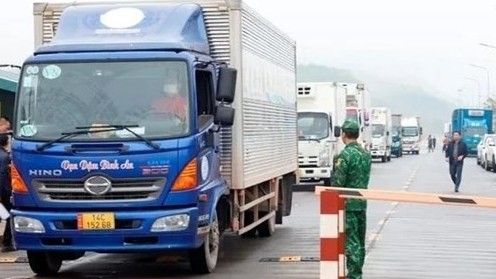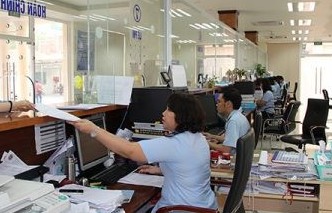Developing the new Customs Law to replace the existing one
One of the key objectives set out by Resolution No. 27-NQ/TW dated November 9, 2022, of the 6th Plenum of the 13th Party Central Committee on continuing to build and perfect the Vietnamese Socialist Law-based State in the new period is that: "Completing the Law and mechanisms to organize the strict and consistent implementation of the Law; ensuring the respect of the Constitution and the Law; improving the quality of legal human resources".
The Customs Development Strategy to 2030 has also defined the objective of the institution as a legal system that is built and perfected in a modern, synchronous, unified, transparent manner, under international commitments. The focus is on developing a new Customs Law to replace the current Customs Law, ensuring a sufficient legal basis to perform the task of state management of Customs, building digital Customs models, smart Customs, smart borders, and green Customs; applying information technology and advanced technology in the state of Customs; connecting and exchanging information with state management agencies, organizations, individuals and enterprises participating in import and export activities.
 |
| The solicitation of opinions from the business community has been done in many forms. Photographer: Thu Diu |
Therefore, from now to 2030, the focus of building Customs legal institutions will be on developing a new Customs Law to replace the 2014 Customs Law. Simultaneously, a system of legal documents on Customs is being planned to develop decrees and circulars guiding the implementation of the new Customs Law with specific content requirements such as modernizing Customs Laws, having adequate and transparent mechanisms and policies, and simple and harmonious Customs procedures to meet international standards based on the Industrial Revolution 4.0.
Paying attention to ideas from the business community
According to Ms. Tran Thi Thuy Hoa, Deputy Director of the Legal Department (General Department of Customs), the unit is in charge of conducting a review of the implementation of the 2014 Customs Law, identifying difficulties and problems in the process of implementing and planning new policies to ensure the above objectives; determining the necessary contents that must be specified in the new Customs Law as well as in the sub-Law documents.
At the same time, it is essential to review international treaties related to Customs for full internalization into Customs Law; refer to developed countries' Customs Management Methods.
In the process of establishing Customs Law institutions, it is critical to focus on gathering opinions from the business community in various forms. Therefore, people and businesses can fully promote their internal resources and abilities to contribute to the country's development, as well as ensure stability and transparency in Customs Law provisions, thereby creating favorable conditions for investment and business.
Furthermore, the participation of experts, scientists, and local customs units to ensure that legal documents issued are feasible; solve problems arising in practice, in the spirit of arising from practice, sticking to practice, respecting the practice, and using practice as a measure; fight against corruption, negativity, group interests in institutional construction.
In terms of specialized inspection, it will actively review and propose amendments to the legal system on specialized management and inspection to comprehensively reform specialized inspection activities for import and export goods, promote the use of information technology, simplify inspection processes and procedures, and meet the requirements of ever-deeper international integration, particularly in the context of Vietnam's new-generation free trade agreements.
To achieve the aforementioned goals, legal work must be strengthened and promoted in the role of perfecting legal policies, and advising leaders at all levels to make decisions that meet practical requirements and Government reform requirements./.




















































